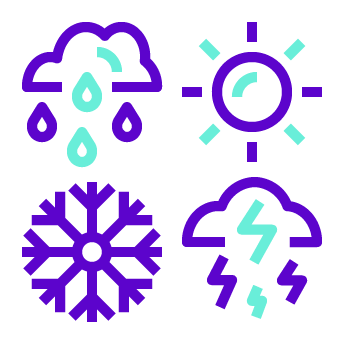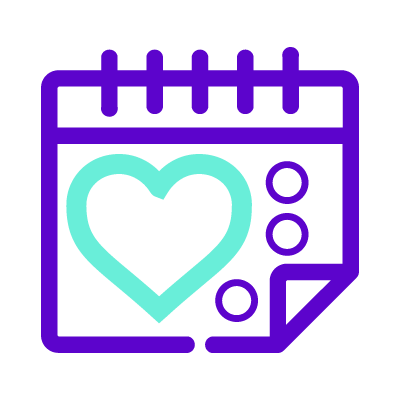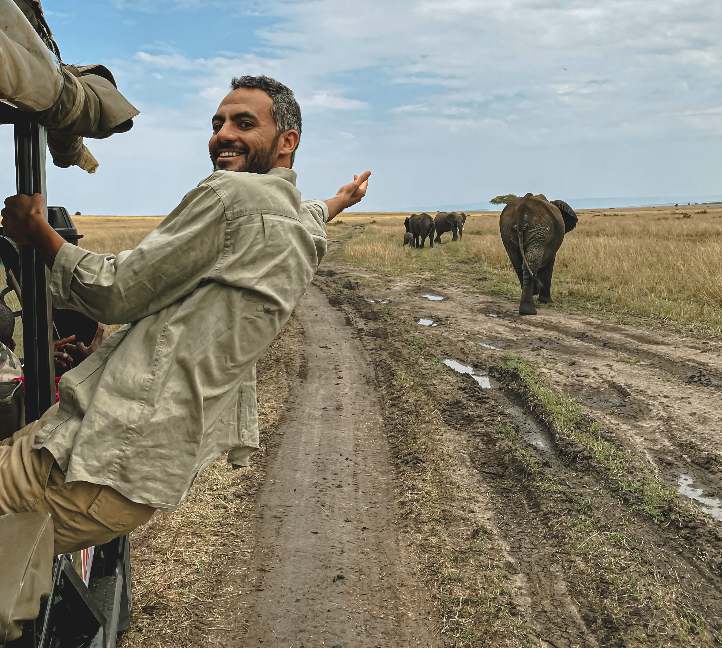+966 541595303
adventures@travaganza.co
Kenya is a captivating country nestled in East Africa, where diversity thrives in its vibrant tapestry of cultures, breathtaking landscapes, and awe-inspiring wildlife. With a rich heritage and warm hospitality, Kenya offers an unforgettable experience for travelers seeking adventure, natural wonders, and cultural immersion.







Kenya is generally safe for tourists, especially in popular tourist areas. However, it’s always advisable to take common safety precautions, such as being aware of your surroundings, avoiding isolated areas at night, and keeping your belongings secure.
Yes, it is recommended to get vaccinations before traveling to Kenya. Common vaccines include those for hepatitis A and B, typhoid, yellow fever, and meningitis. It’s best to consult with a healthcare professional or travel clinic well in advance to ensure you receive the appropriate vaccinations.
Most visitors to Kenya require a visa, which can be obtained in advance or upon arrival at the airport. It’s advisable to check the visa requirements for your specific nationality and ensure that your passport is valid for at least six months beyond your intended departure date.
Credit and debit cards are widely accepted in major cities and tourist areas, but it’s recommended to carry some cash for smaller establishments and rural areas.
When visiting local communities, it’s important to show respect for their customs and traditions. Seek permission before taking photographs, ask questions politely, and consider supporting local artisans and businesses. When encountering wildlife, maintain a safe distance, follow the guidance of trained guides or rangers, and adhere to park rules to ensure the safety of both animals and visitors.
In Kenya, the standard voltage is 240 volts, and the frequency is 50 Hz. The power plugs and sockets used in Kenya are of Type G and Type C.
Type G plugs have three rectangular pins in a triangular pattern and are commonly used in the United Kingdom, Ireland, and other countries following British standards. Type C plugs, also known as Europlugs, have two round pins and are commonly used in many European countries.
It’s recommended to bring a universal travel adapter that supports both Type G and Type C plugs to ensure compatibility with the electrical outlets in Kenya. This will allow you to charge your electronic devices and use appliances without any issues during your stay in the country.


